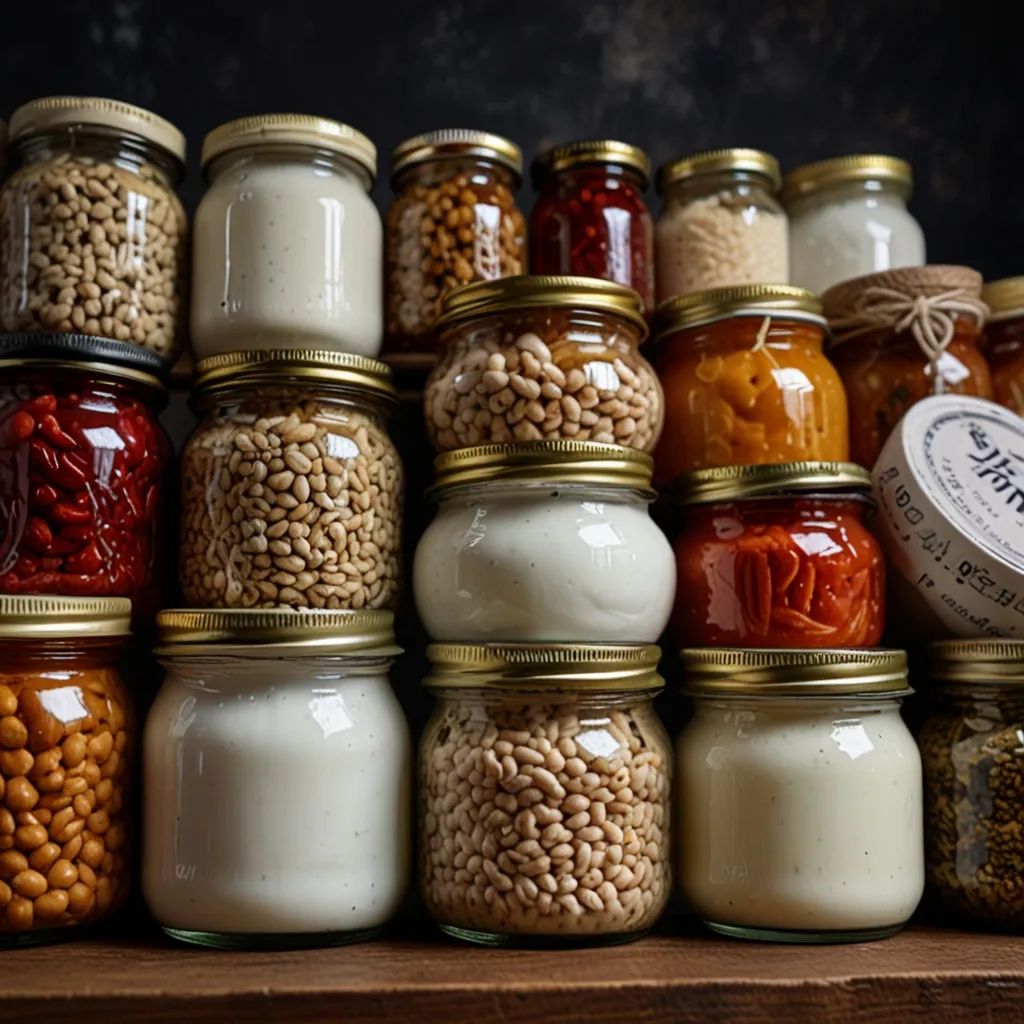Building lean muscle can be a bit confusing with all the different advice floating around, right? Let’s cut through the noise and talk about easy steps to get there.
Lean muscle is all about having muscle tissue that’s free of fat. It’s the kind of muscle that makes you look toned without all that extra bulk. Plus, it’s not just about looks—building lean muscle can help keep you injury-free, improve your posture, and even boost your metabolism and bone density.
So, eat in a calorie surplus. This means taking in more calories than you burn. Your body needs that extra energy to repair and grow muscle. Try adding 100-250 calories a day and watch how your body reacts.
Next, getting enough protein is crucial. It gives your body the amino acids it needs to build and repair muscle. Aim for about 0.6-0.8 grams of protein per pound of body weight. So if you’re 150 pounds, shoot for 90-120 grams daily. Think chicken, fish, beans, and dairy. And if you’re struggling to hit those protein goals, a shake could help.
Also, don’t knock carbs while you’re at it. Carbs give you the energy you need to power through your workouts and replenish muscle glycogen stores. Ditching carbs is not the way to go when building muscle. Go for balanced meals with carbs, protein, and healthy fats.
Strength training is your best friend here. We’re talking weights, bodyweight exercises, and resistance bands. Aim for two to three strength sessions per week. And hey, no gym? No problem. Push-ups, squats, and lunges at home can do the trick.
Then there’s progressive overload. It’s fancy talk for making your workouts gradually tougher. Add more weight, do extra reps, or throw in more sets. This keeps challenging your muscles to grow stronger.
Don’t forget rest and recovery. When you work out, you’re actually creating tiny tears in your muscle fibers. Rest helps your body fix these up, making the muscles stronger. Get enough sleep and take those rest days.
Consistency is key. Muscle building is a marathon, not a sprint. Stick with your routine and diet, and changes will come. Don’t get disheartened if results aren’t immediate. Rome wasn’t built in a day, right?
Hydration is another biggie. Your muscles need water to function well and recover from workouts. Aim for at least eight glasses of water daily.
And let’s not overdo it. Overtraining can backfire, causing fatigue, injuries, and even burnout. Balance your workout with adequate rest. Feeling constantly tired or sore? It might be time to dial it back a bit.
Finally, if you’re new to this or just don’t know where to start, get some help from a personal trainer. They can craft a plan just for you.
Building lean muscle is a journey that takes time and dedication. But follow these tips, and you’re on the way to a stronger, healthier you. Remember, it’s not just about looking good, it’s about feeling great too.






